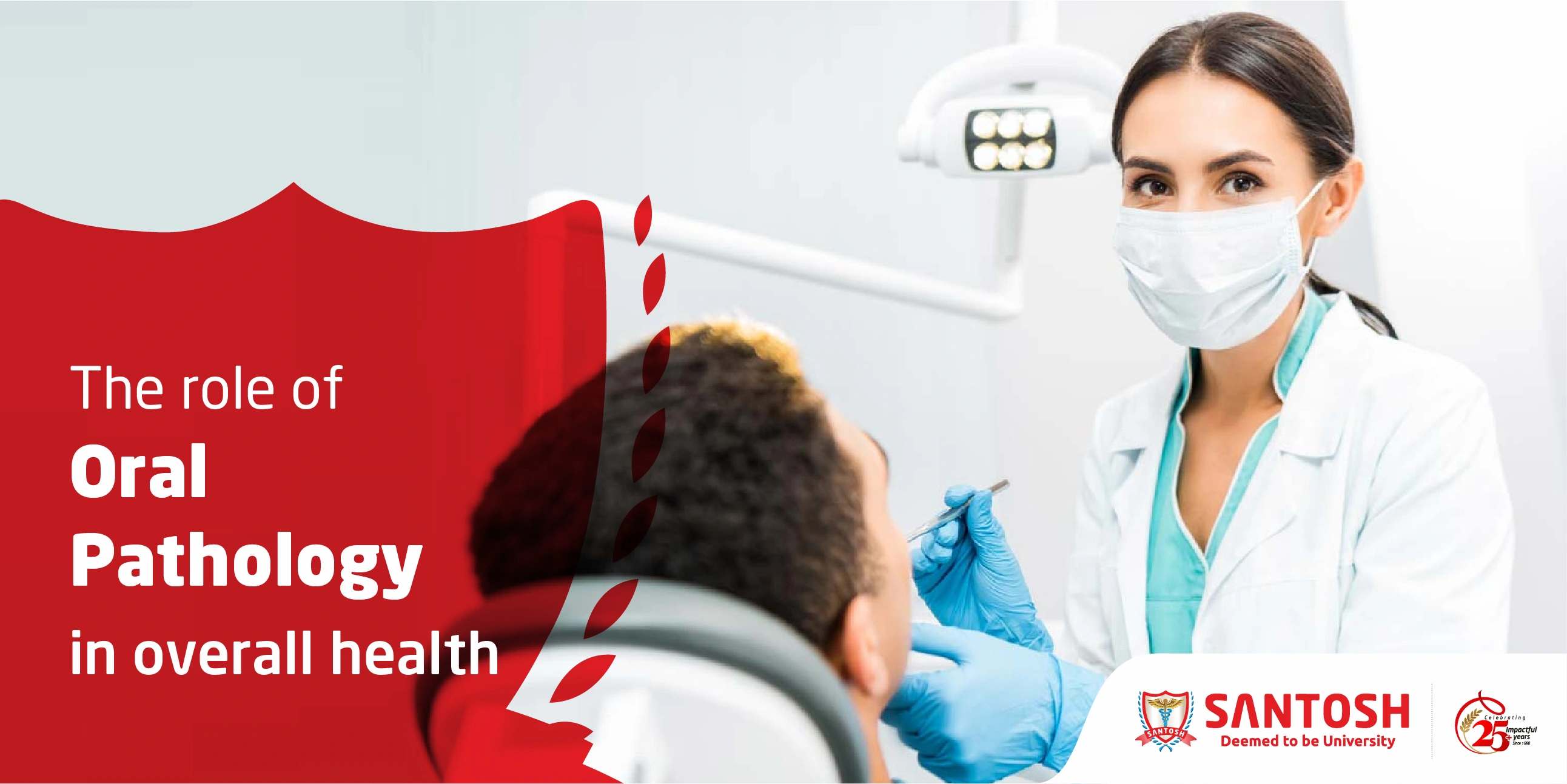
Oral Pathology Education
To become an Oral Pathologist, one needs to attends four years of dental school to become a Bachelor of Dental Surgery (BDS). After acquiring degrees, a dentist goes to an additional three years of post-graduation accredited by the Dental Council of India in Oral Pathology& Microbiology.
What Oral Pathology means?
Oral pathology is the specialty of dentistry and discipline of pathology that deals with the nature, identification, and management of diseases affecting the oral and maxillofacial regions.
What Oral Pathologist do?
The specialty oral and maxillofacial pathology is concerned with diagnosis and study of the causes and effects of diseases affecting the oral and maxillofacial region. It is sometimes considered to be a specialty of dentistry and pathology. Sometimes the term head and neck pathology are used instead, which may indicate that the pathologist dealswith otorhinolaryngologic disorders (i.e. ear, nose and throat) in addition to maxillofacial disorders. Oral Pathology is a closely allied speciality with oral and maxillofacial surgery and oral medicine. Oral and maxillofacial pathologist also takes responsibilities in forensic odontology.
Oral pathological warning signs
Because oral health concerns can manifest differently for everyone, it’s important to have a specialist experienced in oral pathology diagnose and track their development and progression. For example, some of the common, but often missed, signs of an oral pathological concern may include one or more of the following:
1.Changes in colour in certain areas of tissue
2.Lesions, or bumps, that reappear or don’t go away
3.Sores that do not heal quickly, or at all
4.Rough patches or oral tissue
5.Inflammation that doesn’t subside
The future of your oral and overall health
Oral pathology includes comprehensive, detailed diagnostic exams and the study of up-to-date oral health records to help better determine the state of your oral and overall health. By understanding these changes and your unique oral health concerns, you can take proper steps to address any potentially serious concerns early and with the right expert treatment.

